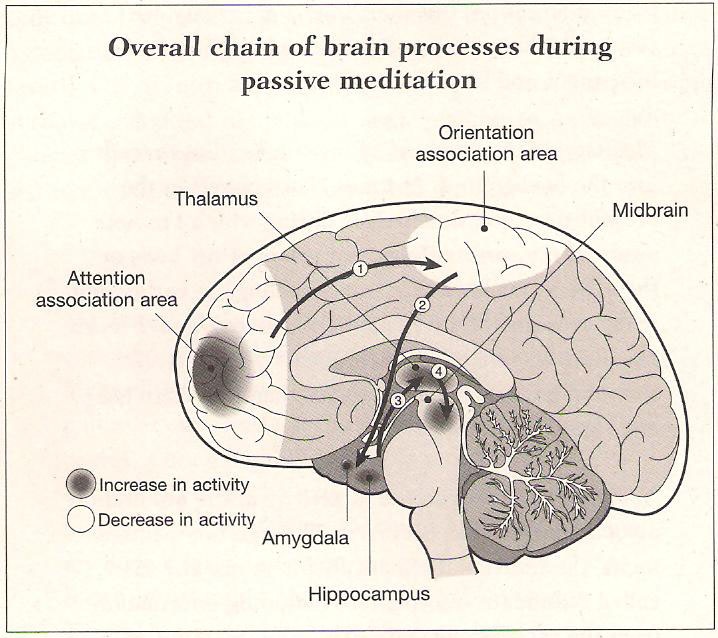Mind & Body Tools to Optimize Your Life
How Meditation Strengthens Your Willpower
- You want to become an early riser, but once your alarm clock goes off, you hit the snooze button, and go back to sleep.
- You decide to eat healthier, but you find yourself ordering a meal at McDonald’s.
- You think that it would be great to hit the gym and shed those extra few pounds before the summer, but after a long way of work, you end up in a couch in front of the TV.
Yes?
You’re not alone. (source: pickthebrain.com)
Procrastination. Resisting cravings and desires.
Experiences that are all too common.
Contents
What really holds us back from reaching our goals?
According to a 2010 survey “Stress in America”, the biggest barrier for americans to adopting healthier behavior is “lack of willpower”.
Willpower can be defined as “having control over your mind”. It’s about resisting the pull from factors such as these:
- emotions
- stress
- cravings
- attention or focus
- impulses to act or speak
But you can learn willpower
“Contrary to popular belief, willpower is not an innate trait that you’re either born with or without.
Rather it’s a complex mind-body response that can be compromised by stress, sleep deprivation and nutrition and that can be strengthened through certain practices.” -stanford.edu
And one of the best practices to strengthen your willpower is meditation:
“Meditation training improves a wide range of willpower skills, including attention, focus, stress management, impulse control and self-awareness.
It changes both the function and structure of the brain to support self-control. For example, regular meditators have more gray matter in the prefrontal cortex.
And it doesn’t take a lifetime of practice — brain changes have been observed after eight weeks of brief daily meditation training.” – stanford.edu
Willpower is a matter of physiology, not just psychology
In this study (link), researchers have found changes in the brains of people that have practiced only 8 weeks of mindfulness meditation.
“This study demonstrates that changes in brain structure may underlie some of these reported improvements and that people are not just feeling better because they are spending time relaxing.” – psychcentral.com
The study showed:
“increased grey-matter density in the hippocampus, known to be important for learning and memory, and in structures associated with self-awareness, compassion and introspection.
Participant-reported reductions in stress also were correlated with decreased grey-matter density in the amygdala, which is known to play an important role in anxiety and stress.” – psychcentral.com
How meditation changes your brain
The part of the brain that is largely responsible for willpower and the decision making in our life is called the prefrontal cortex. If our PFC is activated and well balanced, we’re able to make fully aware conscious choices. And if we are able to make those conscious choices again and again we have what is called “persistence” or “staying power”.
Meditation activates your prefrontal cortex (among other parts), and this leads to an increase in the concentration of gray matter in that area over time.

Being bad at meditation is good for willpower
Sometimes when you’re meditating your mind will wander A LOT. (This happens to novices and experienced people alike.)
But that’s a good thing: it gives you an opportunity to practice your self control. Just by noticing you’re off track and then redirecting your attention to the object of your meditation.
So don’t worry when you struggle
You could say that that is exactly the goal of meditating, as it’s this struggle that will improve the amount of willpower you have at your disposal.
It’s almost like lifting weights: through meditation you can train your brain like a muscle to be more resilient to physical and emotional distress within your body and mind.
Takeaway
Your experience of stress can not only be reduced with an eight-week mindfulness training program, but this experiential change also corresponds with actual, physical changes in the structure of your brain.
So sticking with a meditation program is well worth the time and effort.
PS. By the way: another activity that has been shown to train the brain’s willpower reserve or strength is: physical exercise.








Sorry, comments are closed for this post.